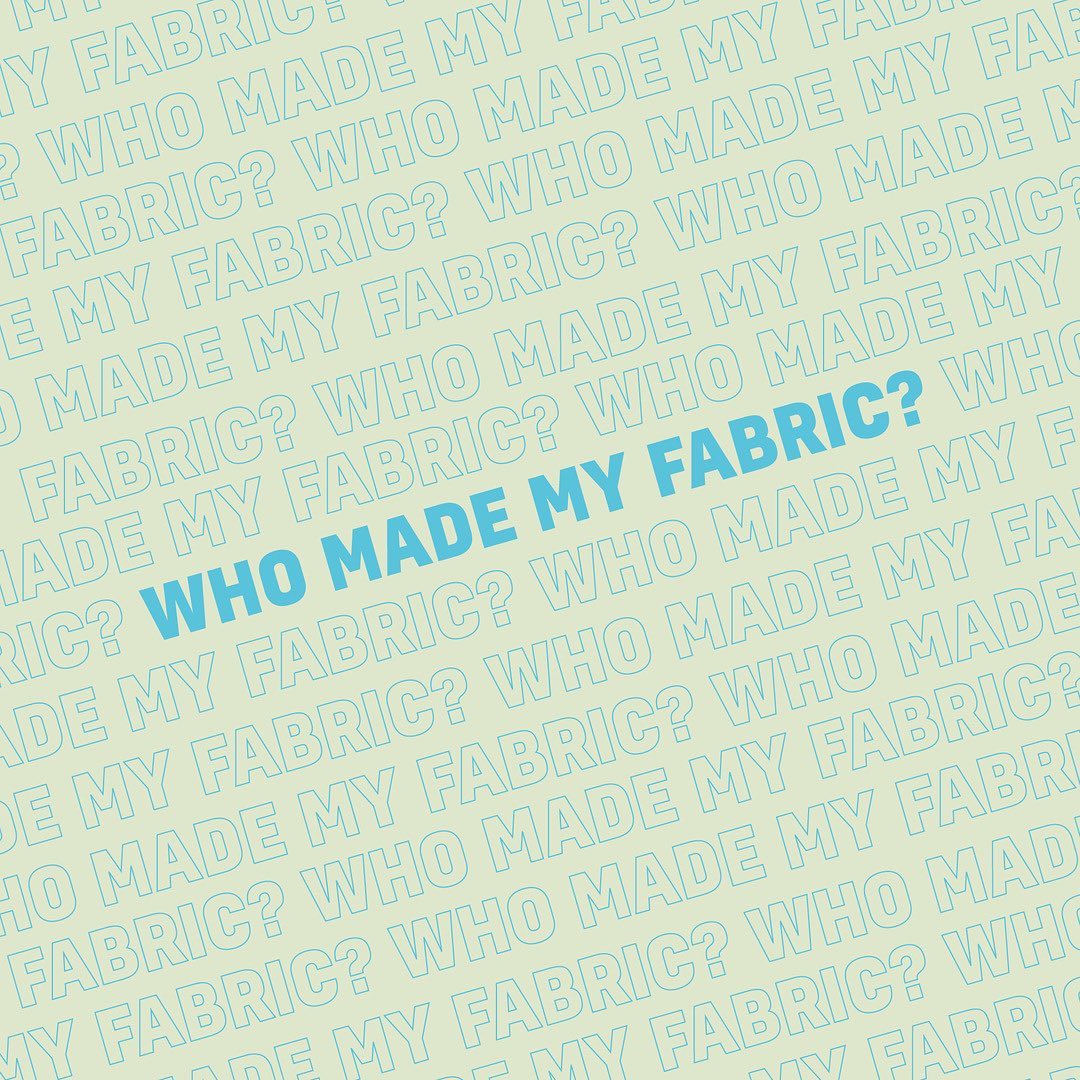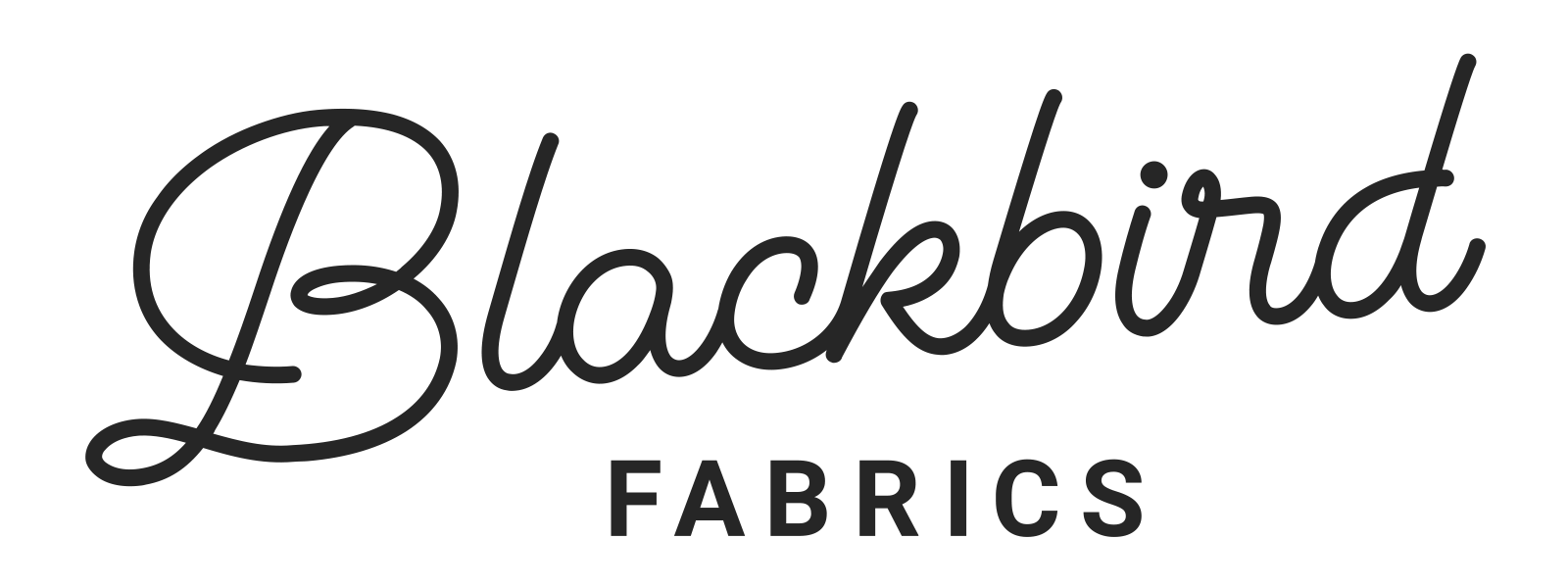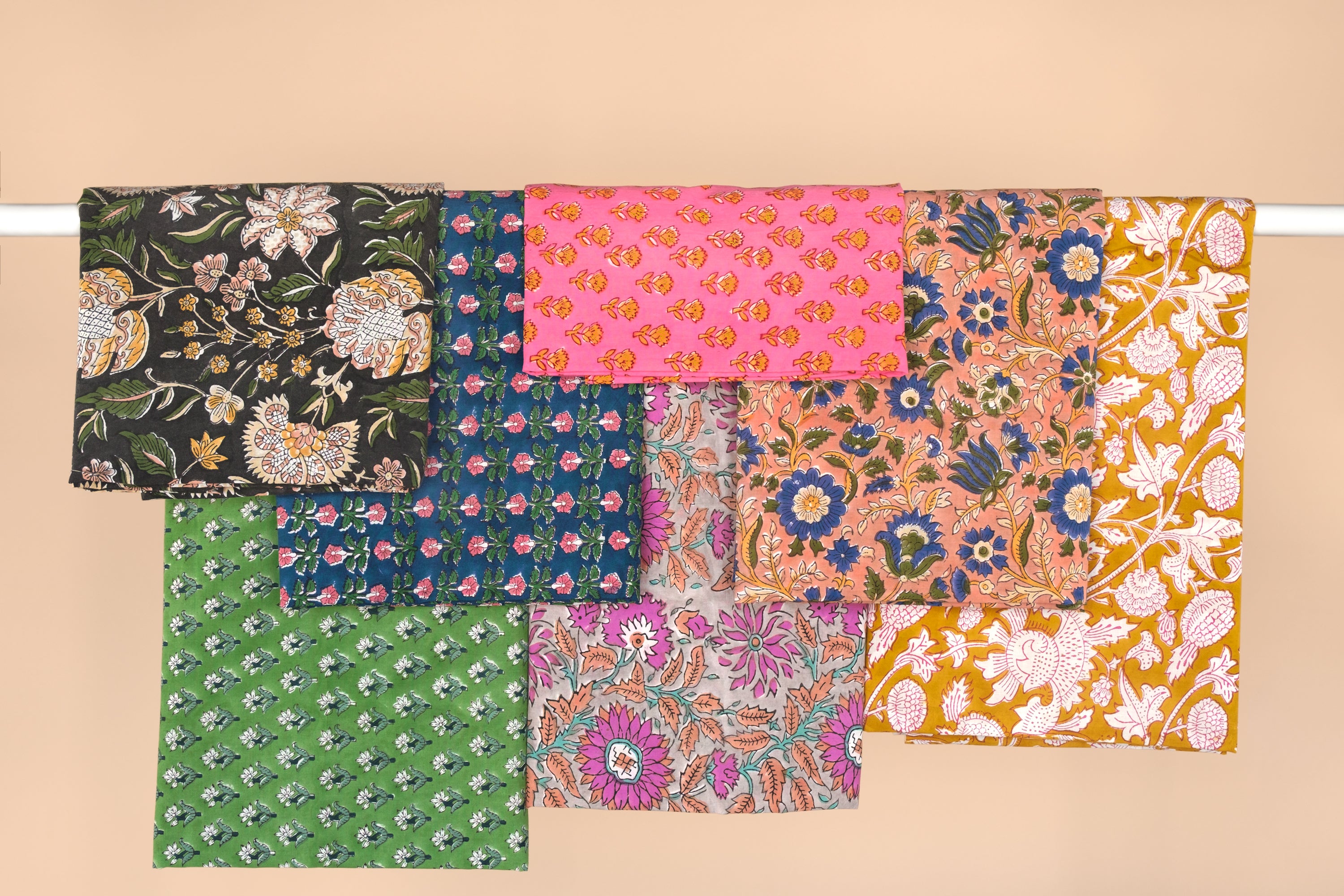
Fashion Revolution Week: Who Made My Fabric?
It’s Fashion Revolution Week and we’re excited about this year’s campaign that encourages citizens all over the world to ask brands #WhoMadeMyFabric?
We wholly support the demand for transparency within the fashion & textiles industry in an effort to ensure better working conditions and fairer wages for all and to shine a light on the environmental impact of fabric production. We also acknowledge the unique position we have as a fashion fabrics retailer to take responsibility for our supply chain.
Our aim has always been to offer fabrics that are environmentally and socially responsible, and sustainable. With this goal in mind, we favour natural fibres, certified fabrics, and deadstock fabrics that might otherwise go to waste. Our hope is that our fabrics will allow home sewists to make clothes that they will love and that will last them a lifetime.
That being said, the fabric we sell passes through numerous hands before it arrives at our warehouse and gaining information about each step of the process can pose a major challenge. From raw materials to finished cloth, the supply chain of textile production is incredibly complex and encompasses a vast array of industries; where raw materials are grown and extracted, where fibers are sorted and processed, where yarns are spun, where fabrics are knit or woven and then dyed, printed, treated and laundered. Once the goods have passed through these steps, they are finally exported and sold to wholesalers or retailers (that’s us!).

As a fabric retailer, we are committed to using our purchasing power to ask for more accountability wherever possible and we seek to support and build relationships with suppliers who share our values.
This process of working towards greater transparency is not perfect and it is an ongoing conversation that we are having with our suppliers. In some cases, we reach a point in the supply chain where our questions remain unanswered. In these instances, it can be challenging to find answers when the people we are asking are, themselves, further down on the supply chain, such as when our fabrics come to us through a wholesaler.

Recently, through our growth as a business, we have gained more opportunities to bypass these middlemen and work directly with manufacturers. When developing our own Blackbird Exclusive custom fabric range, for example, we are directly working with the mills and these close relationships have allowed us to ensure our social and environmental standards are met.
Our hope is that if we continue to ask these questions, they will lead to increased accountability throughout the entire supply chain and help to improve the lives of textile workers.
We encourage everyone to get involved in this movement. Ask your fabric stores and your favourite fashion brands: Who made my fabric? By working together we believe we can create real positive change.





Leave a comment
This site is protected by hCaptcha and the hCaptcha Privacy Policy and Terms of Service apply.